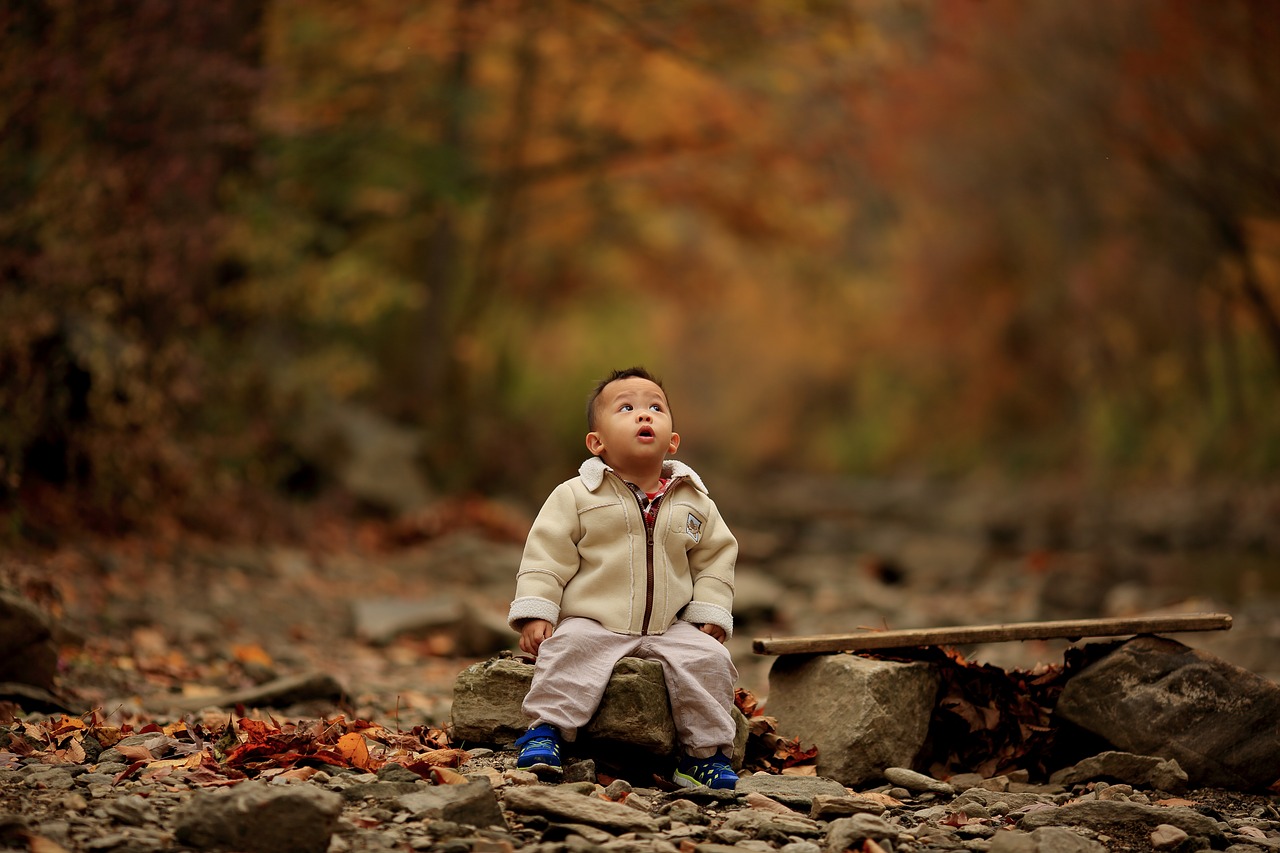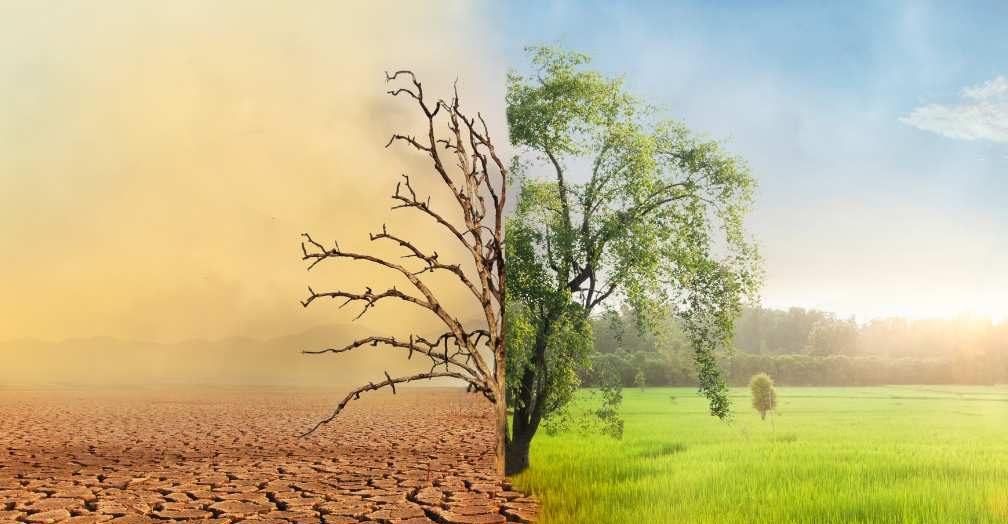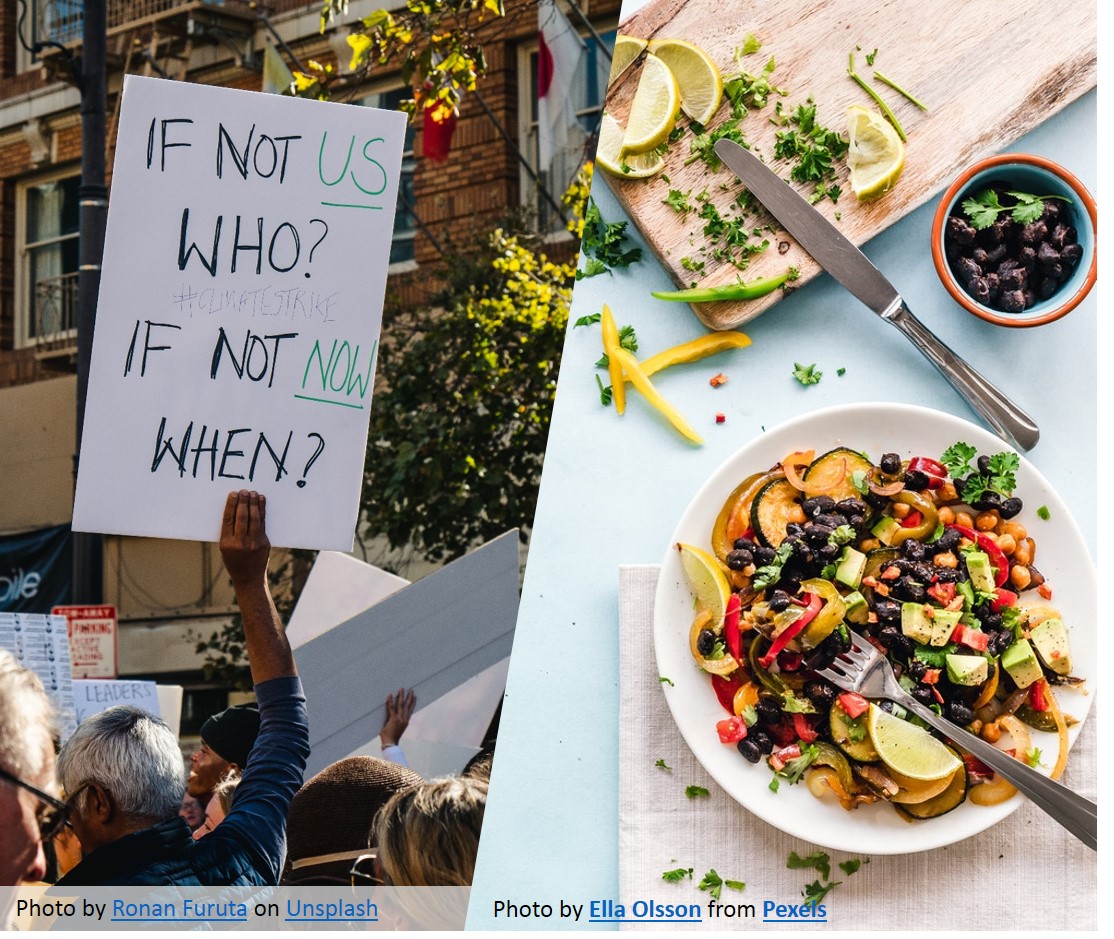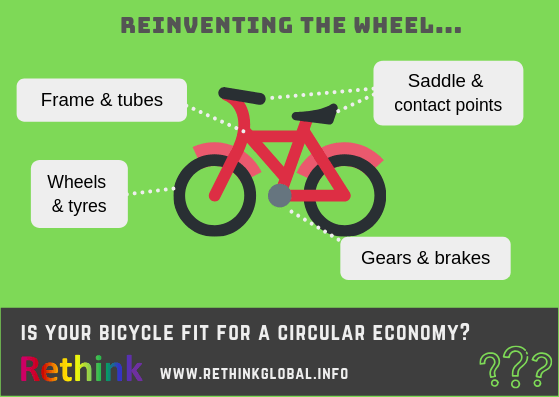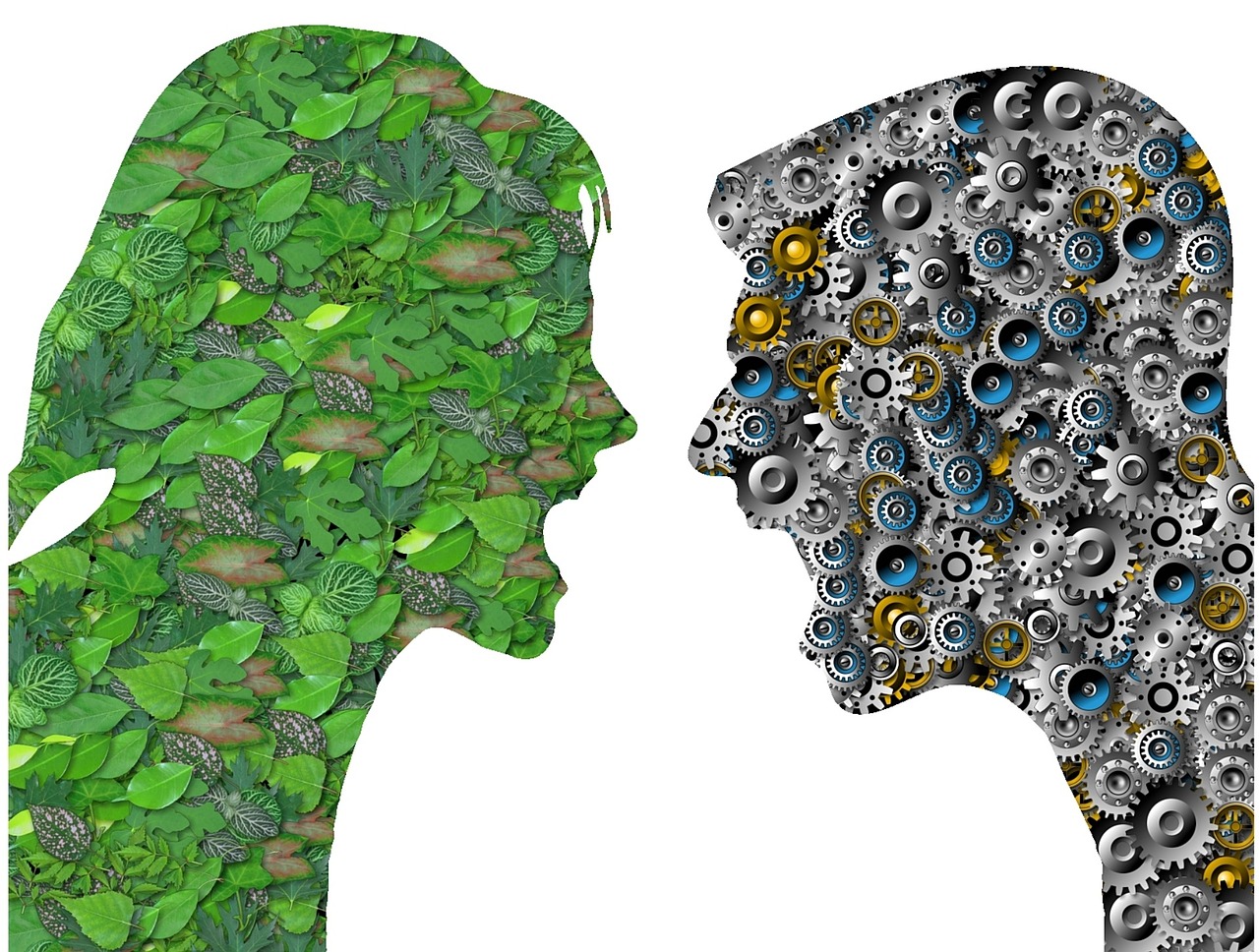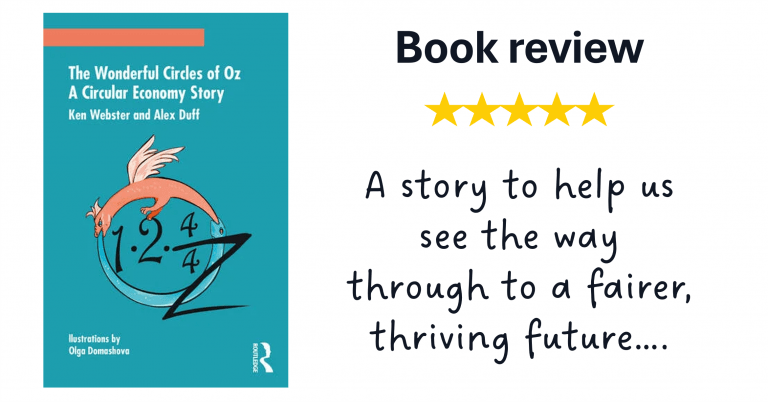
A story to help us build the ‘golden path’ to a fairer, thriving circular economy
3 minute read
My recent conversations for the Circular Economy Podcast with Ken Webster, one of the circular economy’s leading thinkers and a member of Earth4All nudged me towards one of his recent books The Wonderful Circles of Oz: A Circular Economy Story.
Ken Webster teamed up with creative writer Alex Duff, to offer us a different way of looking at the problems of our modern economy unset out ideas for a restorative alternative. It’s an intriguing, thought-provoking book that tackles key issues including the use of personal data, digital currency, the rise of the ‘rentier class’ and the future of food.
There are three parts, starting with that re-imagining of Baum’s well-known Wonderful Wizard of Oz story, written by Frank L Baum and published in 1900. (We discover that several respected historians claim Baum’s story was an allegory, highlighting the unfair and challenging effects of using the gold standard to control the money supply for the US economy, back in the 1890s.)
Part One - a fictional world
We’re taken into Dorie’s world as a tornado upends her life in Devon and she wakes up in Oz, a place she’s never heard of, with no money. She meets a stranger, who explains that to get back home, she must find her way to the Emerald City and ask the Great Wizard for help. We travel with Dorie as she struggles towards the Emerald City, meeting some of the structural and systemic challenges facing so many people around the world, then as she enters the gates of the world city, with its unfamiliar culture and alternative approaches to technology, democracy, housing, urban food and money.
Part Two - a real-world framework
In Part Two, the authors unpack each of the ideas we met in Dorie’s journey, helping us get clear on historic contexts and how the various concepts and alternatives are grounded in sound philosophical, systems and social thinking.
They put forward a new framework, proposing that an effective, purpose driven, fairer and more distributive circular economy is “the gateway to an abundant, autonomous and democratic future.” This includes 4 change principles for the productive economy, followed by 4 principles for what they call the ‘gatekept’ cycle – typically, the finance, insurance & real estate sectors, where access is controlled, and fees are charged for that access.
Noting that current economic approaches focus on products and materials, whilst ignoring the implications of degrading our global commons, with declining resource stocks and pollution from waste ‘sinks’. Instead, they argue for policies to improve stocks and ‘capitals’, especially for natural capital. Webster and Duff also highlight the (often ignored) role of money in our economy, with money getting stuck (by being retained) in the ‘gatekept’ economy when it would be better used in rebuilding natural and human capitals.
Part Three - a 'golden path'
This section weaves the fiction, the framework and real-world applications together. The authors draw out key elements from the earlier sections, explaining how these show up in our modern world, and helping us see how we can shift from today’s extractive economy to an effective circular economy, rebuilding natural and social capitals through solutions that work for all of us.
I particularly enjoyed the storytelling approach, which made it easier to absorb the implications of the continuing with our current system, and the alternatives.
Find out more and buy the book
The book is published by Routledge and it’s also available from Amazon UK.
Like me, you probably prefer to buy books from your local indie bookstore… Tara Button, author of A Life Less Throwaway and founder of Buy Me Once, suggested that to help offset the ethical issues of buying from Amazon, we should take the time to help the author by submitting a review!
You can also listen to my interview with Ken Webster – search for Episode 119 and 119 Bonus in your podcast app, or find the shownotes and a player here: https://www.rethinkglobal.info/119-ken-webster-the-circular-economy/
International speaker, author and strategic advisor, Catherine Weetman helps people discover why circular, regenerative and fair solutions are better for people, planet – and prosperity.
Catherine’s award-winning A Circular Economy Handbook, published by Kogan Page, is now in its 2nd edition. Catherine also hosts the popular Circular Economy Podcast, with listeners in over 150 countries.
Catherine’s wide-ranging experience, systems-thinking perspective, and willingness to challenge business-as-usual, together with a deep understanding of circular and regenerative practices across industry sectors, means she’s uniquely qualified to help you succeed with circular. Read more about Catherine here.
To find out more about the circular economy, why not listen to Episode 1 of the Circular Economy Podcast, read our guide: What is the Circular Economy, or stay in touch to get the latest episode and insights, straight to your inbox…
